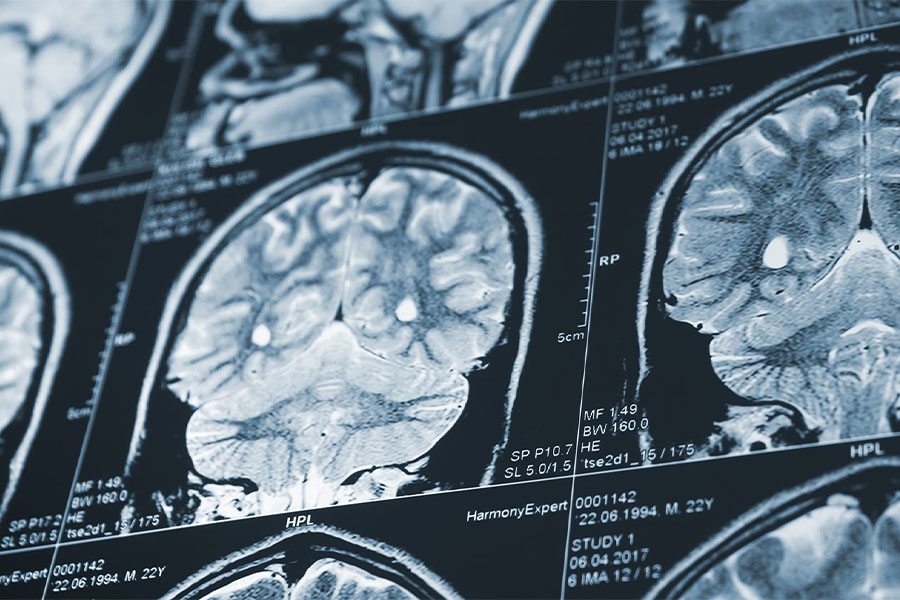As CBD’s popularity grows, so does the amount of research on it. As a result, we discover the outstanding potential of CBD as a natural treatment for several ailments, including pain, anxiety, inflammation, and epilepsy.
However, can you treat concussions with CBD? In this article, we will delve into the relationship between CBD and concussions and how this gift of nature can help you recover from them.
CBD and Concussions
We have previously talked about CBD’s benefits and how it works as a perfect treatment for several conditions regarding pain. However, you hardly ever hear of CBD and concussions. The reason is that most existing research on the topic is limited to animal studies, giving us minimal yet crucial information about how cannabis can help us minimize the symptoms and recover from a brain injury.
In 2018, we found the most advanced human study to date about CBD and concussions, which found that medical cannabis has potential benefits to treat concussion-related chronic pain, inflammation, and headaches. Some scientists believe that the neuroprotective properties of CBD are one of the main reasons why this cannabinoid would work as a successful treatment for concussions.
More specifically, CBD is a great anti-inflammatory agent, making it a safe alternative for your body. Because it binds to the endocannabinoid system receptors, our response to pain is altered, making it tolerable and manageable. For that reason, doctors believe this cannabinoid would be the perfect natural medicine to treat concussions and symptoms related to it.
How to Cure Concussions Fast
A concussion happens when the brain rattles around within the skull, damaging brain cells. It results from a direct impact on the head, like falling on the ground. Patients may experience dizziness, headaches, confusion, blurred vision, vomiting, and ringing ears when this happens.
However, not all patients experience these symptoms. For that reason, you should always seek medical help after hitting your head to make sure you don’t have a concussion.

Although your body will take as much time as it needs to recover from brain injuries successfully, you may still want to know how to cure concussions fast. Normally, it will take around 7 to 10 days to recover from brain injury, but the time could extend if you don’t follow your doctor’s indications.
Fortunately, you can cure concussions fast by following some of these tips:
- Hydrate: Dehydration may increase your recovery time. Drinking water increases your brain’s temperature and keeps cells active, balancing the chemical processes of your brain.
- Reduce exposure to bright lights: sunlight and screen light strain your eyes and worsen concussion symptoms, especially headaches. While you recover, try to limit the amount of time you use your phone, laptop, TV, and other screens. In addition, avoid fluorescent lights and big crowds.
- Rest: Giving both your mind and body time to rest will decrease your stress levels and help you recover from concussions faster. Moreover, you should avoid strenuous exercise and heavy lifting for a week.
- Eat foods with antioxidants: Antioxidants will improve memory and neural functioning, and they may help you better recover from a concussion. Broccoli, spinach, carrots, and potatoes are some of the best sources to obtain these compounds.
- Consume Omega 3: Omega-3 fatty acids can improve cognition and make sure the neurons in the event of a concussion recover. Eat salmon, walnuts, flax seeds, soy, and chia seeds to increase your omega-3 intake. You can also take fish oil supplements.
- Use CBD for concussions: A 2019 study found that cannabis is associated with a lower symptom burden in the third to four weeks after injury. As we have already mentioned, the anti-inflammatory properties of cannabidiol will help you reduce pain and migraines, allowing you to recover better.
Long-term Side Effects of Concussions
Although those are rare cases, about 20% of people might suffer from long-term side effects of concussions, known as post-concussion syndrome. After six weeks, individuals may experience memory problems, sleep disturbances, depression, smell and taste disorders, and trouble concentrating. In addition, they can become irritable and develop sensitivity to light and noise.
Long-term side effects of concussions continue to appear after six weeks of recovery, and they are due to a bad recovery process. However, the most common causes of post-concussion syndrome arise when the individual has accumulated several concussions over time.
Fortunately, seeking help from a doctor as soon as you experience a head injury will help you reduce the risk of short-term symptoms turning into long-term problems. Moreover, the relationship between CBD and concussions may be the best way to find a new treatment for these long-term side effects.
New Treatment for Post-Concussion Syndrome
Due to the high alteration that long-term side effects have on patients’ quality of life, several laboratories and clinics have tried to create new treatments for post-concussion syndrome. Among them is the AtCell medicine, which is currently undergoing a Phase I trial in the United States. Furthermore, treatments such as neuroplasticity-based active rehabilitation are also relatively new. However, the study of PCS is still very recent, and many doctors still do not know the best way to treat this condition.
For this reason, many physicians recommend finding a clinic that has specialized treatments for post-concussion syndrome. Multiple types of therapy already exist, and all of them will be able to help you improve any symptoms you experience.

At Elements of Green, we believe that CBD is a perfect complement to the treatment of various conditions. Talk to your doctor about the possibility of accompanying your new post-concussion syndrome treatment with CBD oil or capsules. These products contain high bioavailability and can contribute to a successful recovery along with your doctor’s recommendations.
